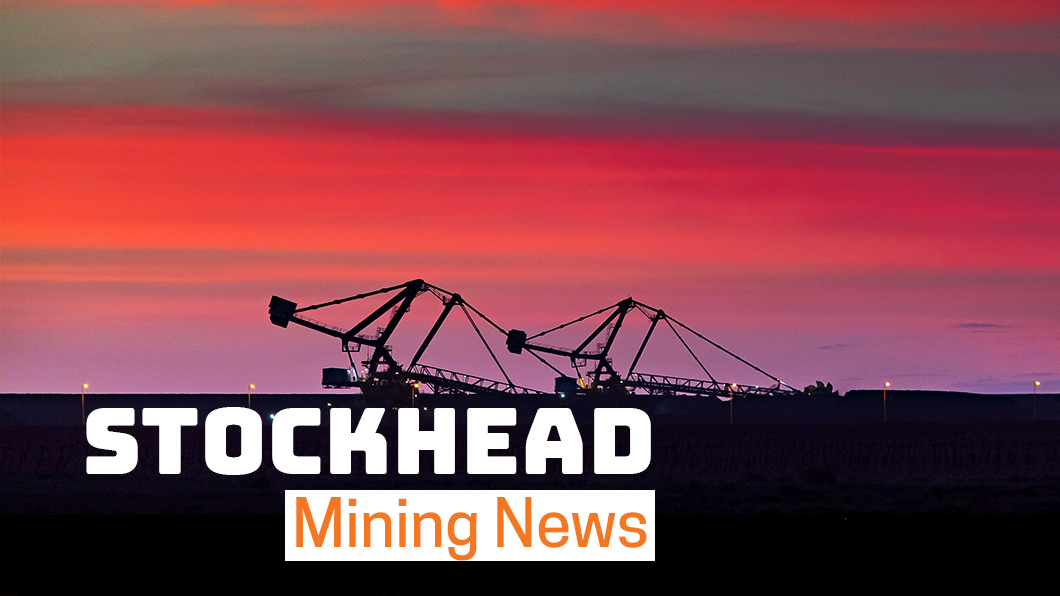West Africa is suddenly an even riskier place to mine as terrorist activity escalates

Pic: Bloomberg Creative / Bloomberg Creative Photos via Getty Images
The deteriorating security situation in West Africa has prompted the Australian High Commission to raise concerns that terrorists might be setting their sights on mining operations in countries like Burkina Faso, Mali and Niger.
Companies like gold explorer Predictive Discovery (ASX:PDI) and ruby miner Mustang Resources, which is now New Energy Minerals (ASX:NXE), have previously been the target of kidnapping and theft.
On Control Risks’ “Risk Map 2019”, a fair chunk of Africa is highlighted as medium, high or extreme risk. There is even piracy risk highlighted on several of the coastal borders of Africa.


Africa’s Sahel region is particularly vulnerable to terror attacks, says US Director of National Intelligence Daniel Coats.
“ISIS and Al Qaeda–allied groups, along with other violent extremists, will attempt to target Western and local government interests in the region,” he said in a Worldwide Threat Assessment last year.
The Sahel region covers parts of Senegal, Mauritania, Mali, Burkina Faso, Algeria, Niger, Nigeria, Chad, Sudan, Eritrea, Cameroon, Central African Republic (CAR) and Ethiopia.
The US Threat Assessment identified political violence in the Democratic Republic of Congo (DRC), Burundi and CAR as specific causes of conflict in the near future.
According to the Australia Africa Minerals and Energy Group (AAMEG), threats over the past 12 months have shifted from historic religious drivers to varied and overlapping factors, including income and protection.
But terrorist groups, like Ansaroul Islam, Jama’at Nasr al-Islam wal Muslimin, and Islamic State in the Greater Sahara, new violent extremist groups and coalitions are stepping up their attacks via local disgruntled groups.
“Unfortunately, large ransoms paid by some countries/people have helped sustain terrorist activity, and we are worried that it is possible that extremist groups will shift focus to commercial targeting in the future,” Australian High Commission Chargé d’affaires Glen Askew said.
“This requires a more securitised approach to mining operations and the Australian High Commission, in consultation with other key stakeholders, will explore opportunities for further mining industry-wide initiatives to improve safety and security for personnel and assets in the region.”
Staying safe
Nearly 80 mining companies travelled to Ghana’s capital, Accra, last month to consider solutions to the deteriorating security situation in West Africa.
AAMEG, the Australian High Commission and the Australian Strategic Policy Institute (ASPI) hosted the West Africa Mining Security Conference to help miners make more informed security and investment decisions around the threats and risks to their operations.
“With the mining industry in the region facing threats from kidnapping for ransom, direct action raids and denial of access attacks, companies are encouraged to engage in risk management and mitigation; and complete risk assessments and a risk registry,” William Witham, CEO of AAMEG, said.
According to AAMEG, the Australian government has “limited capacity” to respond to a major security incident, or kidnap for ransom case in West Africa.
Earlier this year Stockhead spoke to security expert Philip Kent-Hughes, who has consulted for some of the biggest mining, oil and gas companies in the world and currently works for Melbourne crisis management firm Crisis Shield.
Kent-Hughes said one of the key lessons learned from the uprisings in Egypt and Thailand was to pay attention to what’s going on around you and leave early if there’s civil and political unrest.
“When things are changing, get out early,” he said. “Almost like a fire safety thing – pay attention to your surroundings, make a decision to leave early and have a back-up plan.”
- Subscribe to our daily newsletter
- Join our small cap Facebook group
- Follow us on Facebook or Twitter
The other part is developing crisis plans and training people in remote first aid, personal security, anti-carjacking and what is known as HEAT (hostile, environment, awareness training), says Kent-Hughes.
It is also important to have specific business travel insurance and a good international rescue company on speed dial.
“What they shouldn’t do is book their flights with Flight Centre and get the Flight Centre travel insurance,” Kent-Hughes said.
“They need to get proper business insurance for proper travel overseas that has a response capability.”
READ: Kidnapping, murder, revolution: the reality Aussie miners face in conflict zones
Here are the government’s tips for managing risks in West Africa:
- Fund security operations appropriately;
- Conduct risk assessments;
- Maintain effective plans, policies and practices supported by training and drills;
- Review the adequacy of insurance;
- Observe effective security protocols;
- Promote a culture of security awareness;
- Maintain a high level of situational awareness;
- Develop a network of contacts to facilitate information sharing;
- Ensure physical protection of assets including journey management;
- Engage local communities and authorities;
- Collect appropriate information at the local level; and
- Enact targeted community based corporate social responsibility programs to address local concerns and grievances.
UNLOCK INSIGHTS
Discover the untold stories of emerging ASX stocks.
Daily news and expert analysis, it's free to subscribe.
By proceeding, you confirm you understand that we handle personal information in accordance with our Privacy Policy.








